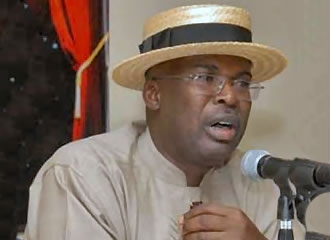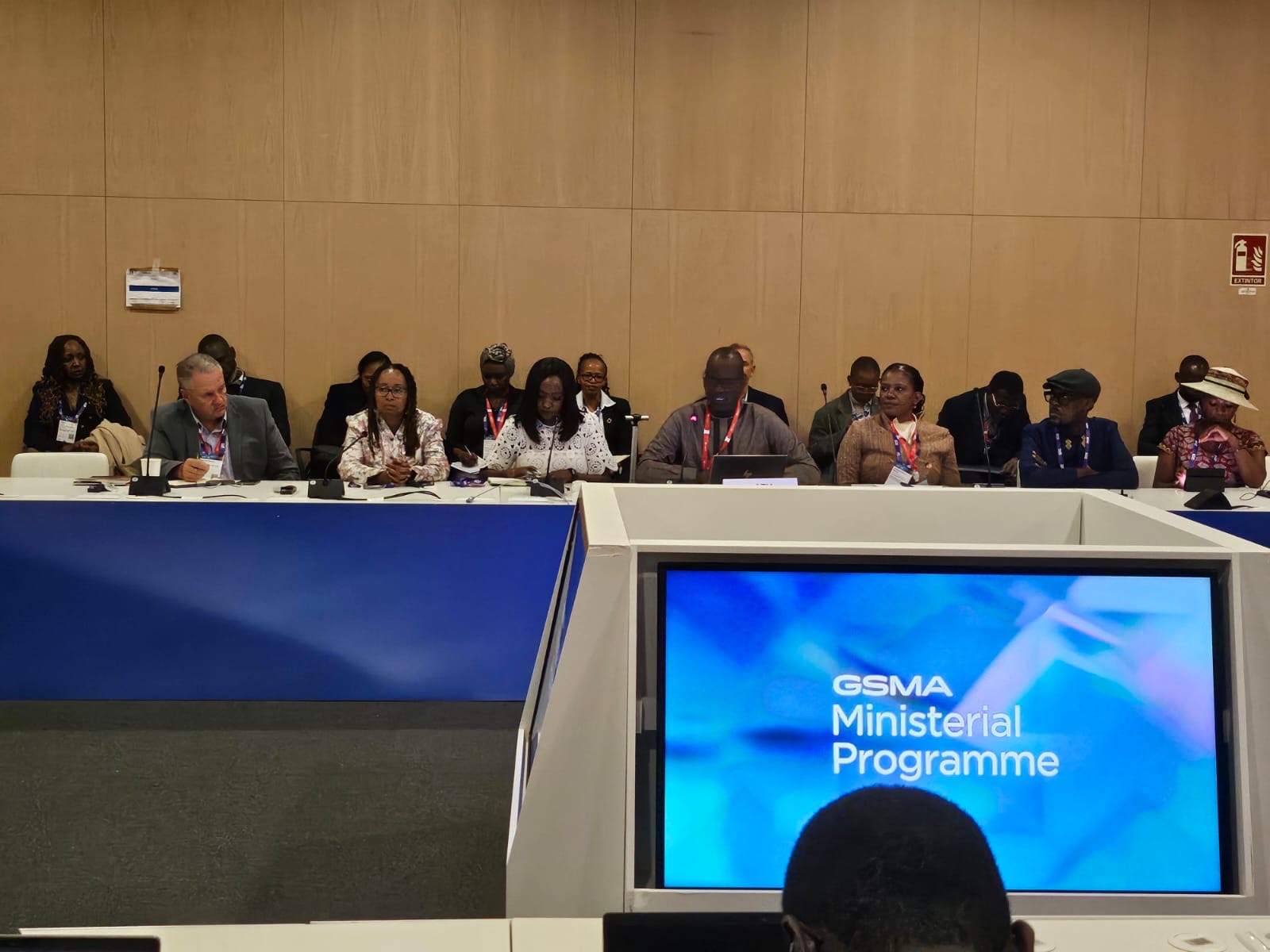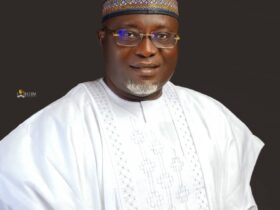The African Telecommunications Union (ATU) led Africa’s participation in a ministerial forum at the Mobile World Congress in Barcelona, aiming to leverage telecommunications and ICT in ensuring crisis affected people have meaningful access to connectivity.
With over 30 million internally displaced persons, refugees, and asylum-seekers residing in Africa, accounting for nearly one-third of the global refugee population, as reported by UNHCR – the UN Refugee Agency – the demand for dependable connectivity becomes increasingly urgent.
In Barcelona, ATU Secretary General Mr. John Omo stressed to the global community that, “We need to prioritize providing effective connectivity services for crisis-affected individuals, recognizing their urgent needs, challenges in adapting to new environments, and emotional strain of separation from loved ones. Ensuring they are guaranteed effective connectivity is a basic obligation that we must meet from a human point of view.”
UNHCFR also reports that The majority of forcibly displaced individuals, approximately 76% of the global total of around 110 million, are hosted by low- and middle-income countries, with a significant concentration in Africa.
Responding to this crisis, the Global System for Mobile Communications Association (GSMA) launched a Mobile for Humanitarian Innovation Programme, which was unveiled in Barcelona. The program spearheads cross-sectoral collaboration and global efforts to bridge humanitarian connectivity gaps, leveraging initiatives such as the Connectivity for Refugees Initiative driven by the UNHCR.
GSMA and ATU in 2023 had also unveiled a report on Policy Reforms to Enhance Effectiveness of Universal Service Fund in Africa. The report sought to provide a foundation that will enable the creation of a framework to utilize Universal Service Funds (USF) to extend network infrastructure to remote locations not commercially viable for service providers.
Over the past decade, the accessibility of mobile broadband has tripled globally. In Africa alone, there were approximately 490 million unique mobile subscribers and around 287 million mobile internet users as of last year. This significant growth can be attributed to increased investment in and expansion of mobile broadband coverage, which has served as the main catalyst for enhancing connectivity across the continent and beyond.
The World Bank highlights the pivotal role of connectivity services in providing economic opportunities, noting that online work constitutes 12% of the global labour force. For forcibly displaced individuals, access to the labour market through connectivity enables integration into new communities, promotes self-reliance, and empowers them to contribute to the economic growth of their host societies.
On the other hand, successful deployment of USFs, and subsequently – allocation of financial resources – presents a critical solution to addressing connectivity issues for crisis-affected populations, particularly considering that more than 80% of the offline population in Africa remains unconnected due to the usage gap.
The ATU which currently represents 52 African countries and 56 telecommunications and ICT operators in Africa also at the meeting affirmed its dedication to correcting the usage gap burden even as new cases of displacements were recorded in the Democratic Republic of the Congo, Ethiopia, Central African Republic, South Sudan, Nigeria, among other countries on the continent.
The ministerial forum was part of the Mobile World Congress, the largest and most influential event for the connectivity ecosystem, drawing global mobile operators, device manufacturers, technology providers, vendors, content owners, and tech enthusiasts alike. Attendees were drawn from the mobile industry, broader private sector, humanitarian sector, and government.











